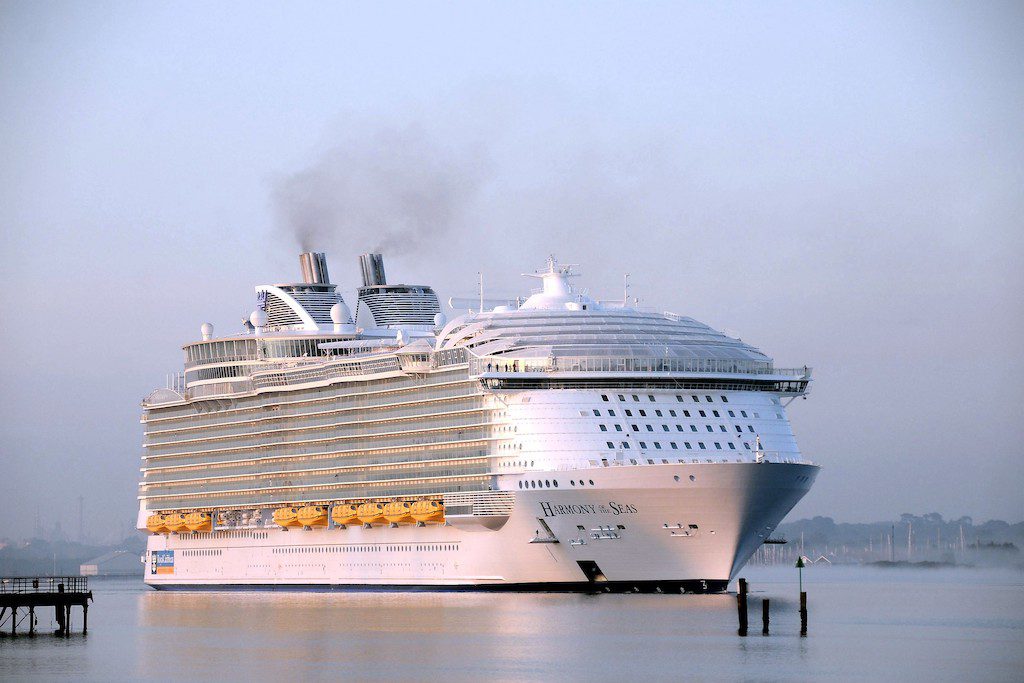Carnival and Royal Caribbean Receive UK Coronavirus Aid After Cruise Snub in U.S.

Skift Take
Given the longstanding critique of the cruise industry's business model, some critics were pleasantly surprised when U.S. Congress declined to give federal assistance to the industry back in April. Few noticed when the UK did just that as part of its Covid-19 corporate recovery package.
Back when the CARES Act was passed in April, much was made over Congress' somewhat surprising decision to leave the cruise lines out of its massive fiscal stimulus program. The act stipulated that recipients must be "created or organized in the United States or under the laws of the United States and has significant operations in and a majority of its employees based in the United States.” The cruise lines plainly do not fit that bill.
But in the United Kingdom, it appears no such distinction was made. Carnival plc and RCL Cruises Ltd. (both UK entities of the global companies) received millions of pounds of state assistance as part of a program known as the Covid Corporate Financing Facility, according to Bank of England documents, and first flagged by UK-based investigative think tank TaxWatch.
Carnival has received £25 million ($31.3 million), while Royal Caribbean received £300 million ($375 million). Other travel companies to benefit include easyJet and Ryanair. In Carnival's earnings
